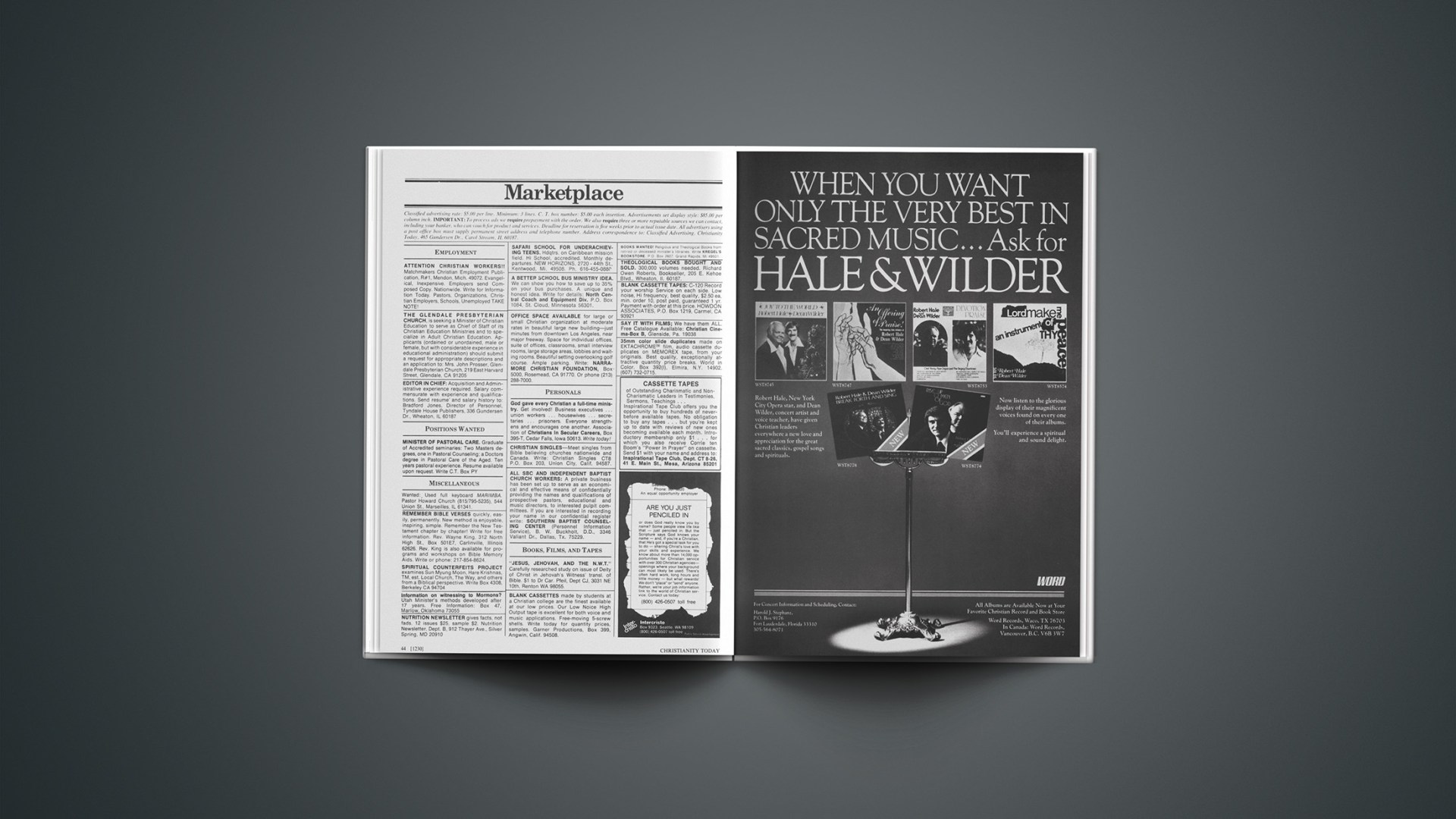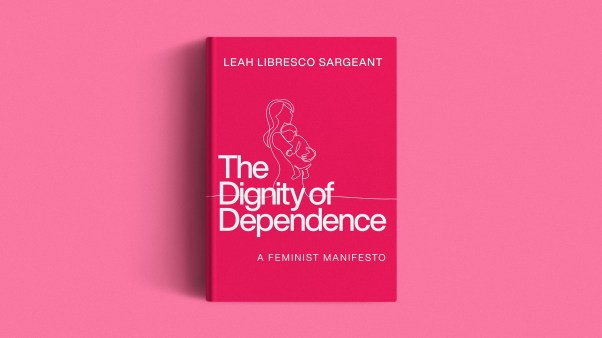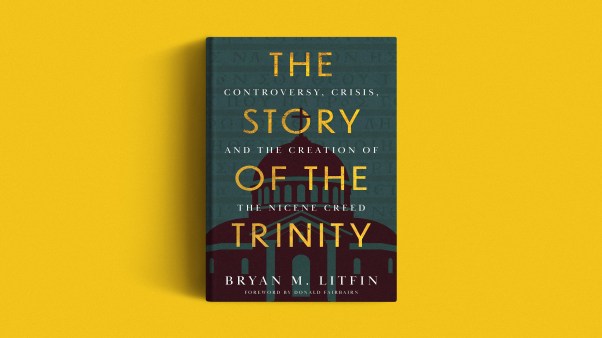Are the Ten Commandments still valid for Christians? For everybody? Or is it merely tradition that we still carry them along when they should have been sent long ago to the antiquary dealing with the religious history of the ancient Near East?
Some speakers in prominent Christian positions have come close to the conclusion that it is impossible to draw up a catalogue of eternal norms for individuals in ever-changing situations. And you cannot put down such norms as guidelines for the ethics of law and society. The Ten Commandments were a nomad law, these people add, and as such are altogether unsuitable for the technical age. Even more so for the Church, which by its very nature could not be tied to the law of the Sinai covenant.
We are living in a day where it is more important than ever to ask, Why? If we don’t, we tend to forget the reasons for Christian doctrine and morality and end up in some pious idolatry of traditions handed down to us by former generations. But no one else is being convinced. So, why the Decalogue? Much can be said about the importance of the Decalogue for all men: the Ten Commandments recommend themselves to every man and nation as an admirable definition of the good and just, and as a sensible exposition of the Golden Rule.
At this moment, though, we wish to stress the validity of the Ten Commandments for Christians. There is a paramount need for clarity in the churches.
The Decalogue remains valid for the people of God. In studying the Bible, one of the first rules is to take into account context, circumstances, and direction of a given text. The Decalogue was addressed to a certain generation in the history of the nation of Israel. Even the sons and daughters of those present at Mount Sinai already asked questions about the general applicability of these words. They were taught that God’s covenant and its law pertained to all generations of Israel because the nation was to be understood as a corporate personality (Deuter. 6:20).
But of course, the opening words of the Decalogue, referring to the liberation of Israel from Egypt, prove that the Ten Commandments were given to the nation of Israel. Surely as Christians we are not biologically part of Israel. Also, when we became Christians we were not incorporated into this nation. Nevertheless we form part of the true Israel, in the history of salvation. Paul explains this with a parable: “Branches of a wild tree, you have been implanted into the good olive tree and thus have become partakers of the richness of the same root” (Rom. 11:17). The Decalogue reveals God’s will for all members of the one people of God, and also for Christians as the true sons and daughters of Abraham (Gal. 3:29).
As Luther always pointed out: the authority of Moses does not in itself oblige Christians. It is through the authority of Christ that the Ten Commandments are valid for his followers. Christ accepted the Decalogue with utmost sincerity. He quotes it as the fundamental directive to eternal life in his encounter with the rich young ruler (Matt. 19). He refers to the Decalogue when he speaks of “God’s Commandments” as opposed to the human traditions of scribes and elders (Matt. 15). In the Sermon on the Mount, he begins with the Decalogue; his new teaching revitalizes the contents of the old commandments. It is wrong, too, to argue that Christ demanded the right mental attitude only and was no longer interested in the moral act and its results. He warns us not to form a wrong opinion.
Some contemporary theologians think that Jesus’ attitude toward the Sabbath showed the deliberate breach of a commandment. They take this as approval to break other commandments if the situation demands it.
As always, Christ here fights against religious traditions that have obscured the God-given commandment. He goes back to the original commandment, to the roots, the revelation. The motivations given with the Sabbath commandment show that rest and relief are the aims of this commandment. The healing of a woman from an eighteen-year-old illness is therefore particularly apt to take place on a Sabbath. “To do good and to save life” (Mark 3:4)—an interesting little phrase that shows the core of Christ’s ethos—surely must be allowed on the Sabbath day. So Jesus is in full harmony with the Ten Commandments; “For verily I say unto you, till heaven and earth pass, one jot or one tittle shall in no wise pass from the law, till all be fulfilled. Whosoever therefore shall break one of these least commandments, and shall teach men so, he shall be called the least in the kingdom of heaven: but whosoever shall do and teach them the same shall be called great in the kingdom of heaven” (Matt. 5:18–20).
Dare we know better than our Lord? For all those who have become his disciples the Decalogue remains in force “until heaven and earth pass.” This can be seen also in the fact that the commandments recur in the letters of the early church, and that it takes up the commandment of setting aside one day of the week for rest and rededication to God’s kingdom. The God of Israel is the father of our Lord Jesus Christ: his nature, sanctity, and righteousness do not change.
Karl Barth wrote that “the Decalogue is the basic event in the history of Israel, the program of the whole history of this nation, and implicitly of the whole history of his chosen Church.… Not by mistake it happened therefore, but rightly so that the Decalogue was received among the main articles of the Christian catechism. It is the basic statute of the merciful covenant of God, valid for all times.”
On the authority of Christ, the Ten Commandments remain valid for the people of God today, as in the remote past: as the framework, the basis for God’s communion with his people and their communion with God. Observing it will spell blessing, neglecting it will bring the curse of the eternal upon men.










